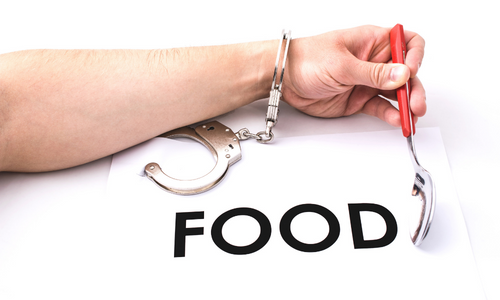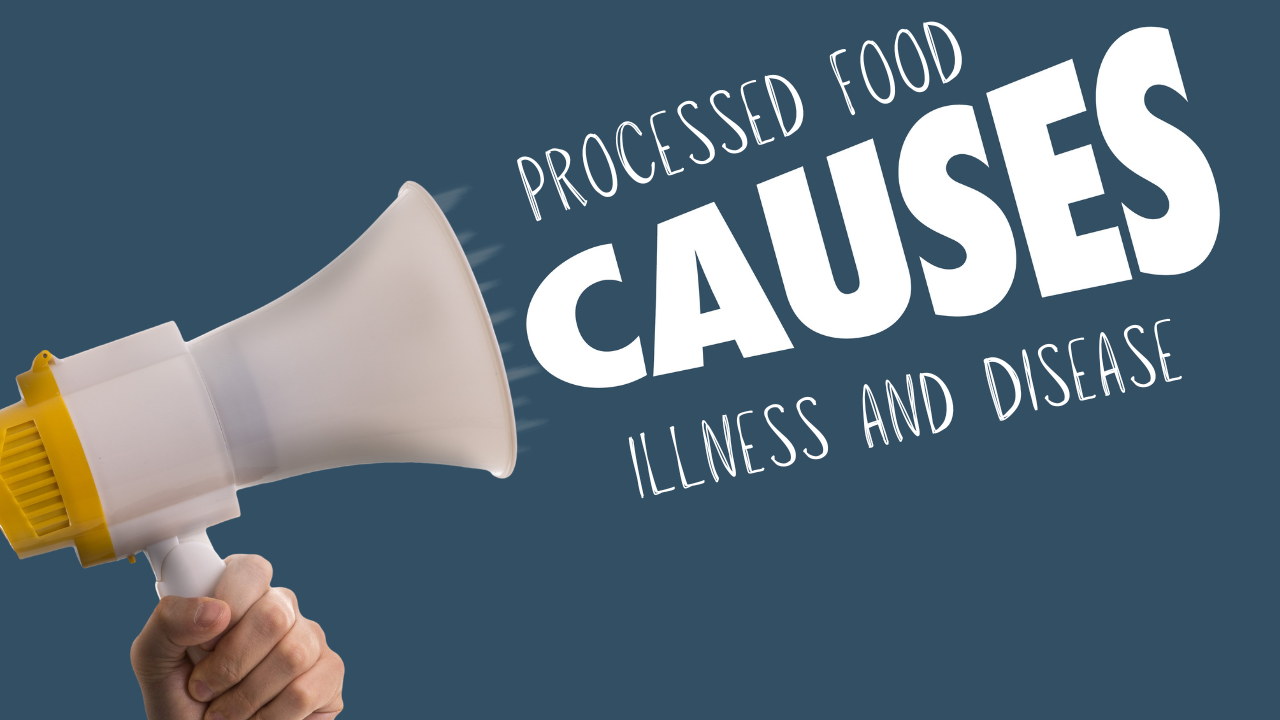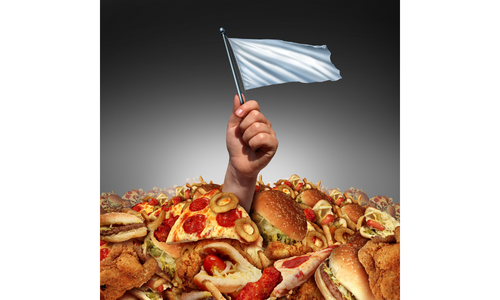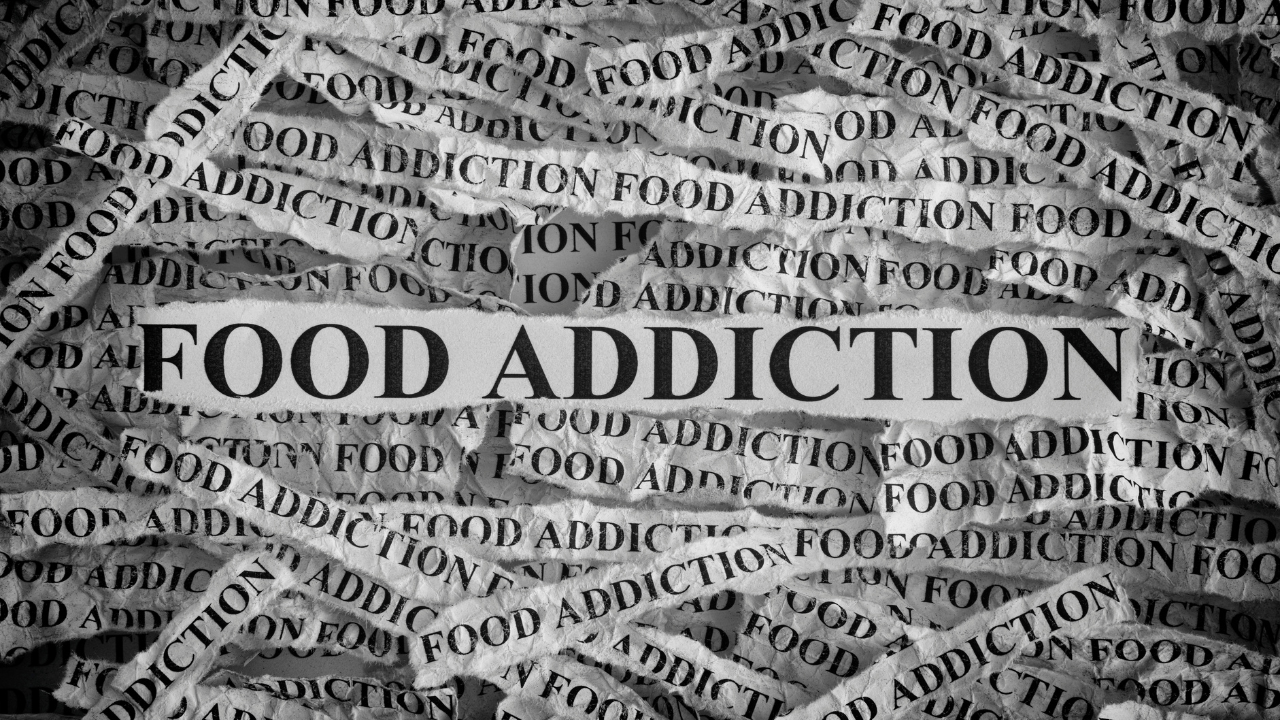Difficult Emotions in Social Situations | Part 2 of 2

Issue No. 17 | Brought to you by the Addiction Reset Community – ARC
Unlocking the secrets of processed food addiction and guiding you to find freedom from food and weight obsession.

In the last issue of this newsletter, we looked at two of the top four most difficult emotions that people may experience in group settings. We acknowledged that having negative feelings at gatherings happens to many people for different reasons. You are not alone in this. In this issue, we look at the top 2 emotions on that list.
I Feel Tired in Social Situations
Feeling number 2 is Tired. We've all been there. We finally reach the social event, and the processed foods have exhausted us. Or we decide that we're going to let down our guard and go ahead and eat processed foods.
And Boom!

Processed foods can drain us within 20 minutes of consumption. Maybe we arrived in good spirits, but 20 minutes after the first drink or bite, we're tired on all levels. We're tired physically and need to si...
Difficult Emotions in Social Situations | Part 1 of 2

Issue No. 16 | Brought to you by the Addiction Reset Community – ARC
Unlocking the secrets of processed food addiction and guiding you to find freedom from food and weight obsession.

Over the recent holiday period, many of us have spent some time in social situations. We had feelings while we were there. We might have had negative feelings at gatherings. We might have been uncomfortable there. This happens to many people. You are not alone in this.

Over the next two issues of this newsletter, we are going to bust the myth that people in a group are always having fun. You will experience the joy of knowing that if you do experience negative feelings at gatherings, you are not alone. In reverse order, we're going to highlight the top 4 difficult emotions that people experience in group settings. Here are the first two.
I'm Bored in Social Situations
The number 4 top feeling is being bored. Yes! Bored. This is quite understandable. Let's face it. People go to group events ...
Top Ten Tips To Control Holiday Food

Issue No. 15 | Brought to you by the Addiction Reset Community – ARC
Unlocking the secrets of processed food addiction and guiding you to find freedom from food and weight obsession.

Holiday seasons can be a challenging time for people who are trying to abstain from processed foods and maintain their recovery from processed food addiction. The holidays are unashamedly littered with these chemically-engineered, food-like substances that Big Food would have us believe is central to holiday celebrations. What they fail to mention is the devastating, painful short and long-term effects of these toxic foods.

But we CAN keep ourselves safe from the unscrupulous marketing and the deliberately stimulating supermarket set-ups aimed at triggering the addicted neurons in our brains, for the sole purpose of increasing profits. There is zero consideration for the physical, mental, emotional and financial harm these processed foods have on individuals, or society as a whole.
With a d...
Top 4 Triggers Causing Relapse

Issue No. 14 | Brought to you by the Addiction Reset Community – ARC
Unlocking the secrets of processed food addiction and guiding you to find freedom from food and weight obsession.

Recovery from processed food addiction requires vigilance and management of triggers and cues to eat processed foods. We asked members of our Facebook group, Food Addiction Education - which now has 20 000 members - what they experienced as the biggest causes of their relapse. In this issue, we take a closer look at what was revealed to be the biggest triggers.

Stress
By far, the most common cause of relapse listed was ‘stress’. This is not surprising. Research shows that throughout many years of struggle with food, we start to merge thoughts about food, with the feelings of stress. Food becomes such a twisted enemy that just the thought of trying to sort it out and control it can also be stressful. Over time stress and cravings become synonymous — almost the same thing.
When we realize ...
Managing Food Pushers – A Critical Element of Recovery

Issue No. 13 | Brought to you by the Addiction Reset Community – ARC
Unlocking the secrets of processed food addiction and guiding you to find freedom from food and weight obsession.

In our culture, processed foods are in widespread use. Often, friends, colleagues, and family are very attached to processed foods and want recovering food addicts to use them too. Without meaning to, they may become ‘pushers’ of processed foods. To be successful in recovery, it is helpful for food addicts to find ways to protect themselves from these pushers and their suggestions.
Like many with food addiction, you may suffer from ‘relationship sensitivity’ stemming from repeated exposure to unfair and harsh judgements. This may make it difficult for you to stand up for yourself. With a little practice and preparation, you can learn to stop the pusher while maintaining civility.

In some cases, you may want, or need to, retain personal or professional relationships with these pushers, s...
Counteract Cravings By Creating Places That Cue Calming

Issue No. 12 | Brought to you by the Addiction Reset Community – ARC
Unlocking the secrets of processed food addiction and guiding you to find freedom from food and weight obsession.

Research shows that the brain can be conditioned to react to processed food cues by producing craving neurotransmitters such as dopamine, opiate, serotonin, endorphins, and endocannabinoids. The flood of these neurotransmitters has been shown to coincide with the suppression of the key ‘thinking’ functions necessary to resist cravings such as decision-making, memory, and restraint. This combination of intense cravings coupled with loss of rational thought may be considered as a primary dysfunction driving addiction to processed foods.

The kinds of cues which trigger addictive brain responses include sights, sounds, smells, availability, stress, fatigue, relationships, and intense positive or negative emotions. These cues can become associated with the place in which they occur. Place cues are pow...
Is your home a trigger to eat processed food? Reducing availability can help | Part 2 of 2

Issue No. 11 | Brought to you by the Addiction Reset Community – ARC
Unlocking the secrets of processed food addiction and guiding you to find freedom from food and weight obsession.

In the previous issue, we looked at how innate human survival behavior of eating calorie-dense foods, for their own profit. Through repeated exposure to cues and the formulation of processed foods mixed with addictive ingredients, the food industry has made some brains hyper-reactive to calorie-dense foods.

Increased availability of these foods cues eating, making abstinence from them, extremely challenging.
Here are some of the Do’s and Don’ts that can help households to reduce the availability of processed foods and protect families from a long list of diet-related diseases.

The Do's:
Do learn about the difference between helpful unprocessed foods and toxic processed foods:
- Do bring unprocessed foods into the house.
- Do suggest restaurants where your household members can get unproc...
Is your home a trigger to eat processed food? Reducing availability can help | Part 1 of 2

Issue No. 10 | Brought to you by the Addiction Reset Community – ARC
Unlocking the secrets of processed food addiction and guiding you to find freedom from food and weight obsession.

For hundreds of thousands of years, humans ate whatever was available. When a food came into season, humans would eat it all because they would not see it again for a year. As a result, humans are conditioned to eat all of whatever’s available.

Also, humans chose to eat the most calorie-dense food they could find. If they had a choice between salmon or grass, their brains urgently directed them to the salmon. This was also a crucial survival behavior. This was great for millions of years especially as food was scarce. Our ancestors were exceptionally good at this behavior which is why they survived periodic famines.
However, in today’s obesogenic world, the food industry has hijacked these mechanisms for their own profit. Through repeated exposure to cues and the formulation of processed f...
Processed foods cause Illness and Disease

Issue No. 9 | Brought to you by the Addiction Reset Community – ARC
Unlocking the secrets of processed food addiction and guiding you to find freedom from food and weight obsession.

Scientific research has found that processed foods are associated with over 100 diseases of all kinds. Many physical, mental, emotional, and behavioral health conditions can be traced back to processed foods - despite the food and pharmaceutical industries not wanting you to know this. They’re making extraordinary profits from selling addictive processed foods and then selling pharmaceuticals to mask the consequences of processed foods.

The list of diseases describes a disturbing range of problems when considered all together. While not every processed food user develops every disease, repeated use of processed foods increases the risk of developing any one of these diseases in people of all ages.
Physical Diseases
Extensive physical disabilities have been demonstrated including diabetes, hea...
Is processed food addiction a “real” Addiction?

Issue No. 8 | Brought to you by the Addiction Reset Community – ARC
Unlocking the secrets of processed food addiction and guiding you to find freedom from food and weight obsession.

One of the many challenges that people living with processed food addiction face is the question of whether this is a “real” addiction. The short answer is Yes! It absolutely is!
The first step to recovery is to acknowledge that we are facing a severe addiction.

Research into processed foods shows addictive properties for sugar and sweeteners, flour, gluten, dairy, processed fats, excessive salt and caffeine. When combined, poly-substance characteristics can intensify the addictive properties of the food-like product.
The addictive properties of sugar are perhaps the most studied. Rats have been shown to choose sugar, high fructose corn syrup and saccharine over cocaine and heroin. Withdrawal syndrome similar to that of morphine is also found. Just like cocaine, Sugar activates the dopamin...

